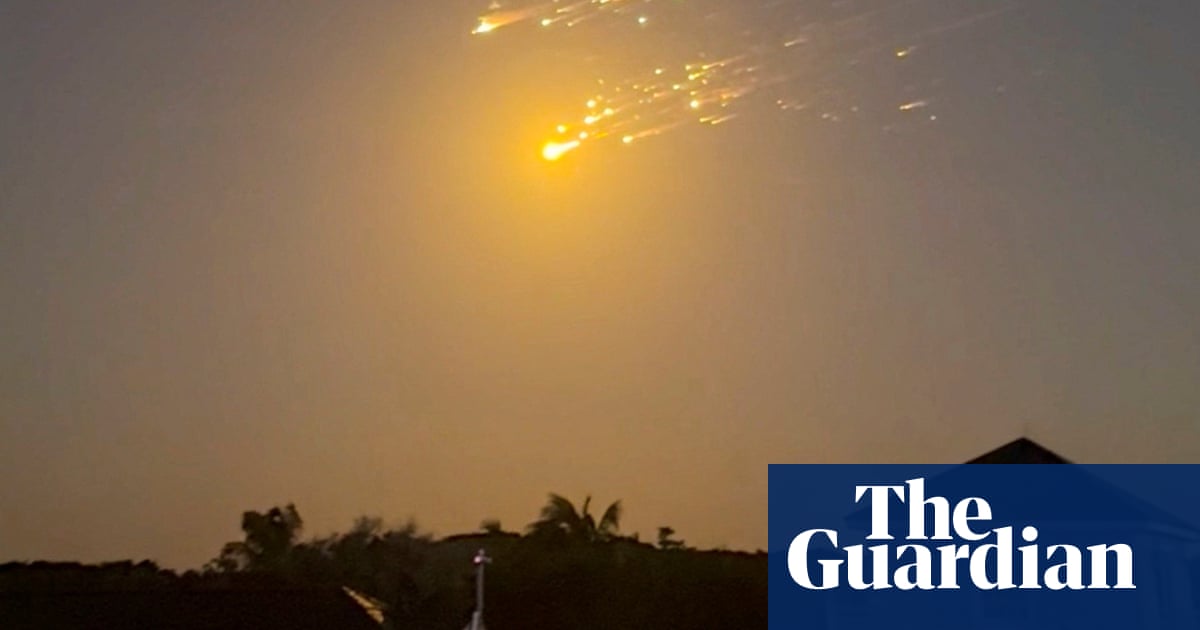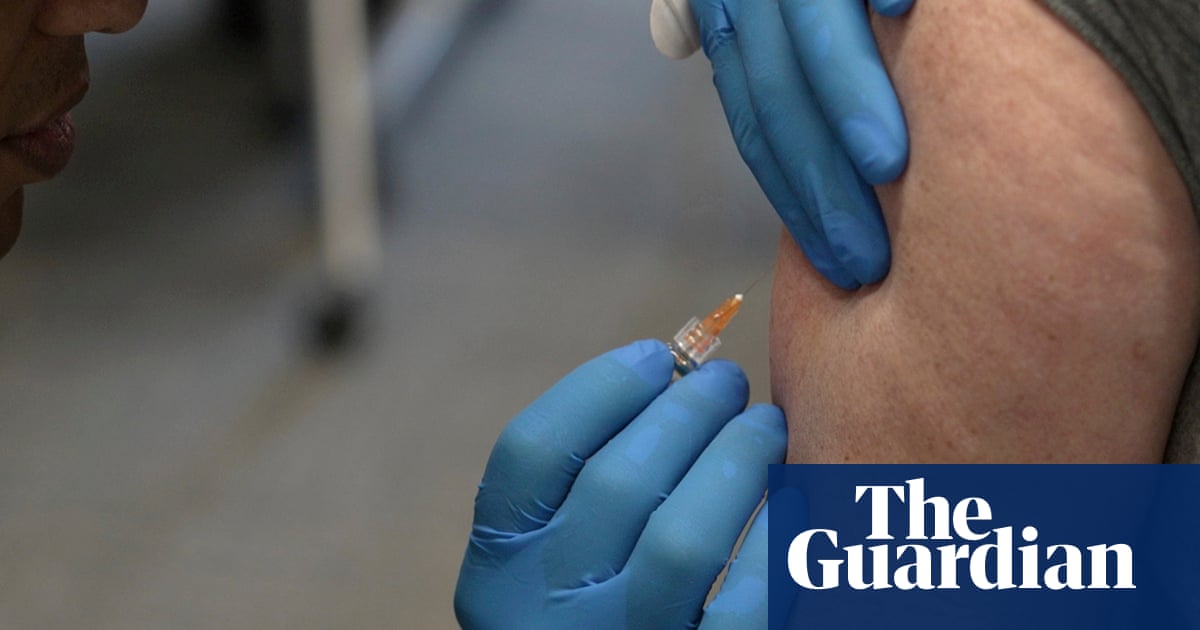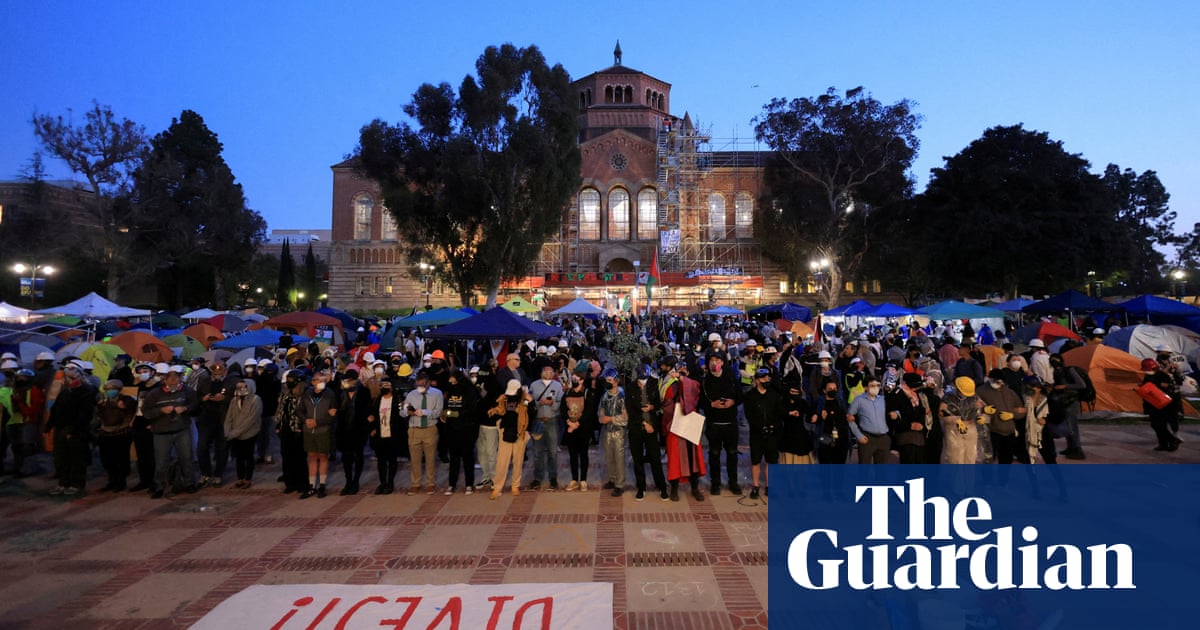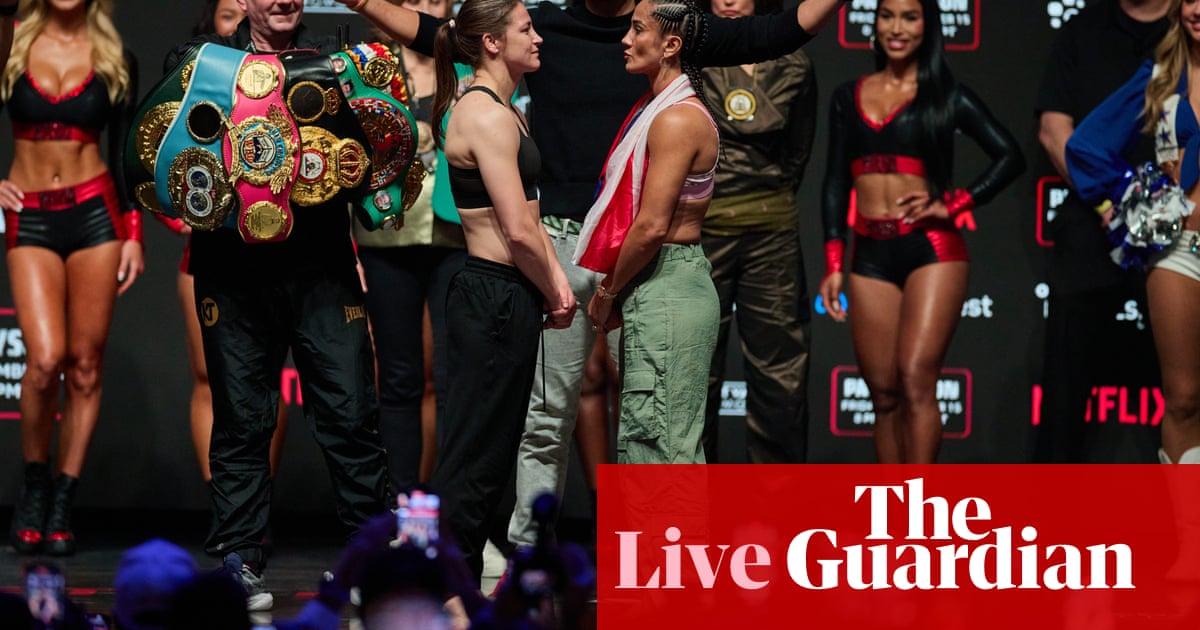Let’s hear it for the 30th edition of the old Heineken Cup, the cross-border club tournament now known officially as the Investec Champions Cup. When the first fixture between Farul Constanta and Toulouse kicked off on the shores of the Black Sea with minimal fanfare in October 1995 few would have predicted the enduring impact it would have on rugby’s consciousness.
But does its same old visceral thrill still endure? The pressure is now on the modern keepers of the flame, with the competition experiencing something of a mid-life crisis. Declining television rights deals, rising costs, tweaked formats and the age-old challenge of trying to squeeze a quart into a pint pot in terms of the global fixture list have all diluted the warm, fuzzy glow that once suffused the entire event.
Back in the day, for example, the tournament used to kick off prior to the autumn internationals, lending it an extra tang of expectancy and intrigue. Now the battered gladiators have just spent the past month on intensive Test duty, with the pool games wedged into a slim, wintry seven-week window. No longer do sides play everybody else in their pool, with the compelling see-you-later-pal home-and-away double-headers also a thing of the past.
Gone, too, are random draws to determine knockout pairings. That may seem a minor quibble in isolation but it heavily favours those who top their pools. Let’s say Bordeaux-Bègles, who have made a promising start to their season, finish top of Pool 1. It would guarantee them not just a home tie in the round of 16 but, if they keep winning, a home quarter-final and semi-final as well.
Which, consequently, makes the opening two rounds, kicking off on Friday when Bath host La Rochelle, absolutely pivotal. Assume, for a moment, that Johann van Graan’s current Premiership leaders beat Ronan O’Gara’s seasoned pros. They would then head to Treviso to face Benetton where they will fancy picking up a victory which – hey presto – would probably mean that one more home win against Clermont Auvergne qualifies them as pool winners.
Level playing field or not – and some will be asking how equitable it is that Bath can fulfil both their pool games against French opposition without leaving Somerset – it gives Van Graan’s squad a better than average chance of reaching this season’s last eight and, potentially, going further. Compare that to the task facing, say, Exeter Chiefs, who in addition to welcoming the Top 14’s current top two teams to Devon must also go to Durban and Belfast. It is a tough ask, to put it mildly.
Not as tough, admittedly, as it now is in Wales, without a solitary representative in the top-tier tournament for the first time in history. There are one or two glimmers of light, though, for Harlequins who will scent possibilities if they can beat an Owen Farrell-less Racing 92 in Paris this weekend. Do that and they could conceivably become the only Premiership side aside from Bath to progress beyond the last 16.

An attack-minded Bristol side may test that theory but only if they can kick off with a rush against Leinster at Ashton Gate on Sunday in a game that could easily shape Pool 2. The beaten finalists of last season have a clutch of players who were involved against Australia in Dublin last Saturday and no longer have the luxury of serene preparation time. With a tricky trip to La Rochelle also in store next month, the Irish province could do with their new signing Jordie Barrett being available sooner rather than later.
Northampton, Leicester, Saracens and Sale Sharks, meanwhile, may all need to find another level simply to reach the quarter-finals, their prospects diminished by the growing depth of the best South African contenders in tandem with Glasgow’s steady improvement. The Vodacom Bulls, the Hollywoodbets Sharks and the DHL Stormers are also growing more accustomed to the alternative rhythms of the Champions Cup while the Springboks’ confirmed status as the world’s best side will inject further belief.
When it really boils down to it, though, the draining travel logistics and year-round slog facing their top players remain formidable obstacles. Nor is it impossible, as Glasgow showed in beating the Bulls at Loftus Versfeld in June’s United Rugby Championship final, for European club sides to head south and confound expectations. The Warriors are once again flourishing in URC this season and may just be a tempting outside bet to reach the Champions Cup last four this time.
The odds, nevertheless, still overwhelmingly favour the familiar Franco-Irish heavyweights, with their big budgets and stacked playing rosters. If Toulouse and Leinster do not take their customary places in the last four it will be a sizeable surprise, with the odds on them being reunited in the final, this time in Cardiff on 24 May, similarly short. Assuming they do make it and the great Antoine Dupont is fit and available, a multitalented Toulouse remain the most obvious pick to collect a third title in five years.
Hopefully, though, this will be the year when the Champions Cup consistently supplies a level of over-arching quality that was once its calling card. A squint into the Breakdown’s cobweb-covered crystal ball suggests a last eight of Bordeaux, Bath, Harlequins, Bulls, Toulouse, Leinster, Glasgow and La Rochelle but above and beyond parochial pride and nationalistic tub-thumping it is important for this year’s tournament to grab neutrals’ attention as well. The last thing the sport needs is for the Champions Cup’s landmark 30th season to be a humdrum affair.
-
This is an extract taken from our weekly rugby union email, the Breakdown. To sign up, just visit this page and follow the instructions.

.png) 3 months ago
11
3 months ago
11













































